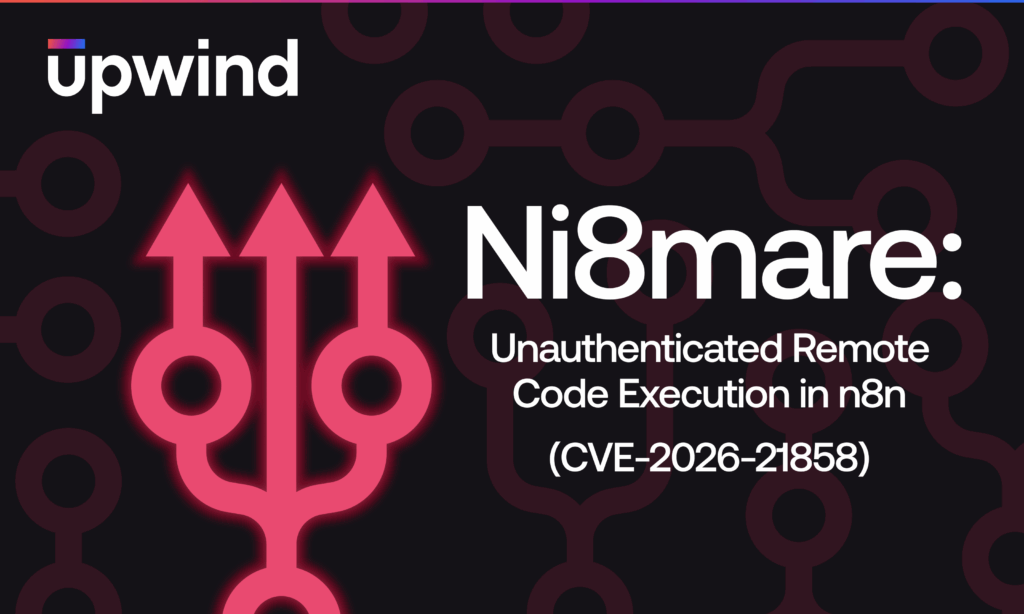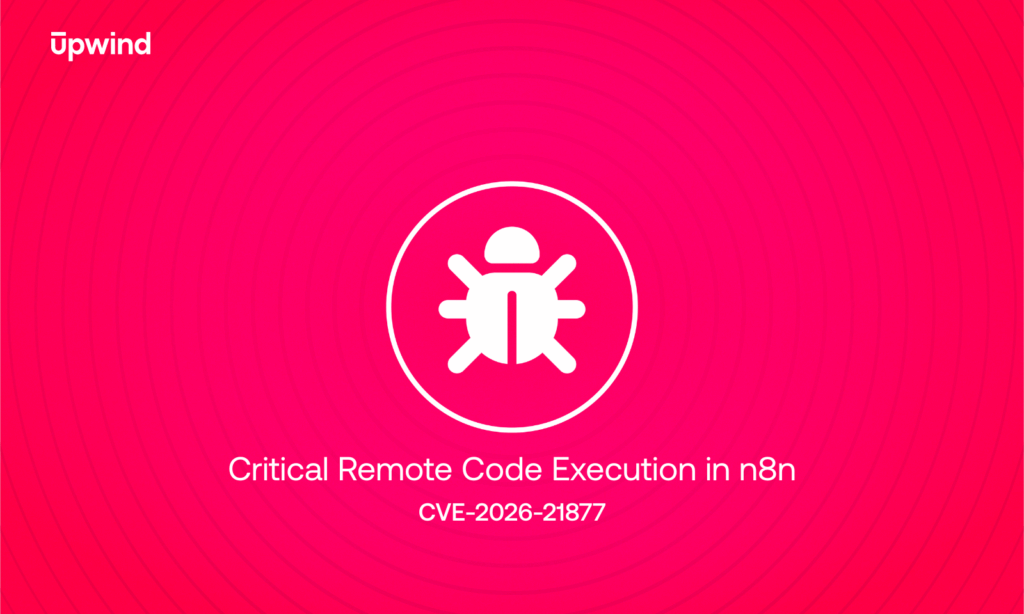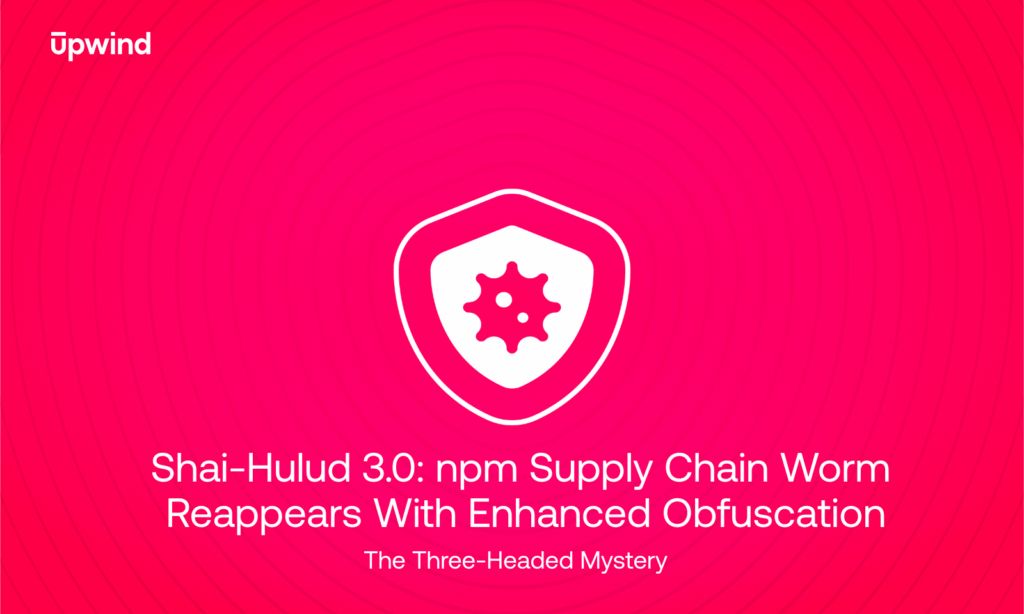
CVE‑2025‑32463: Critical Sudo “chroot” Privilege Escalation Flaw
A critical vulnerability in sudo (Changelog v1.9.14–1.9.17) allows local users to gain root access via the --chroot (-R) option. This flaw carries a CVSS 3.1 score of 9.3 (Critical).
Affected Versions
Platform Coverage
- Ubuntu: Patched in
1.9.16p2-1ubuntu1.1(25.04), and equivalent patches in24.10/24.04. - Debian, Red Hat, SUSE, Amazon Linux 2023: Official patches released; immediate updates recommended.
Why This Matters
This flaw originates from a change introduced in sudo 1.9.14. Path resolution began occurring within the chroot environment before the sudoers file is evaluated, allowing attackers to insert malicious configuration files (/etc/nsswitch.conf) and load rogue shared libraries. Exploiting this scenario gives attackers direct root privileges.
Technical Breakdown: How the Exploit Works
The exploit is straightforward:
- Attacker creates a malicious
nsswitch.confin a controlled directory. - Runs sudo with the
-R(chroot) option into the crafted environment. - Sudo reads this configuration first, causing the system to load attacker-supplied libraries, instantly providing root shell access.
Sneak Peek: How the PoC Works
The GitHub PoC script (sudo-chwoot.sh) highlights exactly how simply CVE-2025-32463 can be exploited:
Step 1: Setup (Creating Malicious Environment)
The attacker prepares a fake directory (woot) with:
- A malicious
nsswitch.conffile instructing the system to use an invalid service called/woot1337. - A specially crafted malicious library (
woot1337.so.2) designed to grantrootprivileges.
Step 2: The Malicious Library (woot1337.c)
The attacker compiles a tiny C program into a malicious shared library:
// Automatically runs when library loads
__attribute__((constructor)) void woot(void) {
setreuid(0,0); // Gain root privileges
setregid(0,0); // Gain root group privileges
chdir("/"); // Move to root directory
execl("/bin/bash", "/bin/bash", NULL); // Open a root shell
}Copied
This short snippet simply launches a root-level bash shell whenever loaded.
Step 3: Triggering the Exploit
The attacker then runs a single command:
sudo -R woot wootCopied
Sudo tries to load the attacker-controlled configuration file (nsswitch.conf), forcing it to also load the malicious library. As a result, the attacker instantly gains a fully privileged root shell.
What You Should Do
- Immediate Upgrade: Update to sudo
1.9.17p1or later. - Verify Distro Patches:
- Ubuntu: Ensure version ≥
1.9.16p2-1ubuntu1.1 - SUSE: Update to version ≥
1.9.15p5‑150600.3.9.1 - Amazon Linux 2023: Patch pending; Amazon Linux 2 unaffected.
- Mitigation:
- Disable
--chrootin sudoers temporarily if immediate patching isn’t feasible. - Monitor activity via SELinux/AppArmor and SIEM logs for unusual
-Roption usage or unexpected library loads.
How Upwind Protects You From CVE-2025-32463
CVE‑2025‑32463 is part of a broader trend in 2025, with numerous Linux privilege escalation flaws emerging. With over 24,500 vulnerabilities disclosed this year alone – roughly 2,500 affecting Linux distributions.
Upwind provides comprehensive visibility and runtime protection to help you detect and mitigate exploitation of the sudo --chroot vulnerability, empowering you to:
- Identify Vulnerable Versions: Upwind automatically scans your cloud workloads to detect Linux servers and containers running vulnerable sudo versions (
1.9.14to1.9.17). You can easily see which assets are affected and whether patches have been applied across distributions. - Monitor Exploitation Attempts in Real Time: Upwind uses eBPF-based runtime monitoring to detect key indicators of exploitation, including execution of
sudo -R, chroot-based file reads, rogue library loads, and privilege escalation behavior. - Prioritize and Respond Quickly: Upwind enriches each detection with runtime context, allowing your team to assess intent and respond immediately.
- Proactive Customer Support: If
CVE-2025-32463is observed in your environment, Upwind notifies your team with detailed remediation guidance tailored to your infrastructure.
Learn More
To learn more about how Upwind can help you rapidly locate packages affected by CVE-2025-32463, schedule a demo.







